An NYU-based research team created microscopic cells out of a polymer that can do active transport, a process all living cells do that is difficult to replicate.
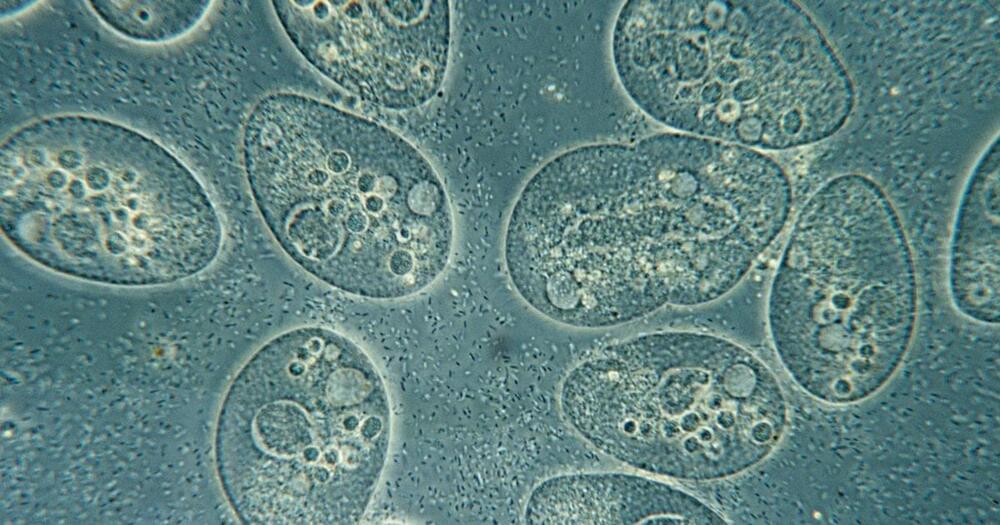


Researchers have developed artificial cell-like structures using inorganic matter that autonomously ingest, process, and push out material—recreating an essential function of living cells.
Their article, published in Nature, provides a blueprint for creating “cell mimics,” with potential applications ranging from drug delivery to environmental science.
A fundamental function of living cells is their ability to harvest energy from the environment to pump molecules in and out of their systems. When energy is used to move these molecules from areas of lower concentration to areas of higher concentration, the process is called active transport. Active transport allows cells to take in necessary molecules like glucose or amino acids, store energy, and extract waste.
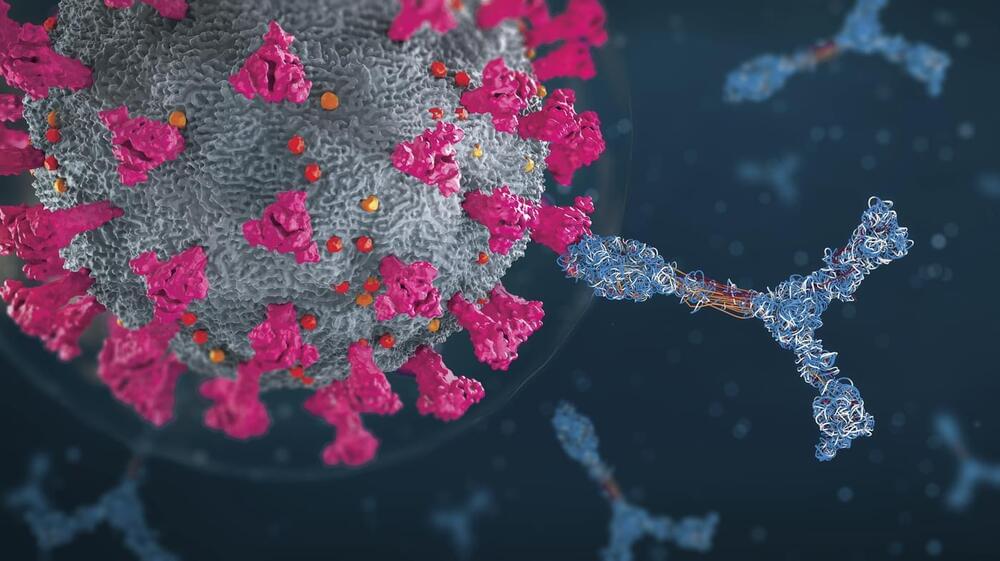
In fact, these antibodies could even fight off a virus engineered, on purpose, to be highly resistant to neutralization. This virus contained 20 mutations that are known to prevent SARS-CoV-2 antibodies from binding to it. Antibodies from people who were only vaccinated or only had prior COVID infections were essentially useless against this mutant virus. But antibodies in people with the “hybrid immunity” could neutralize it.
That’s how one scientist describes the findings of a series of studies looking at the antibodies created by individuals who were infected by the virus and then had an mRNA vaccine.
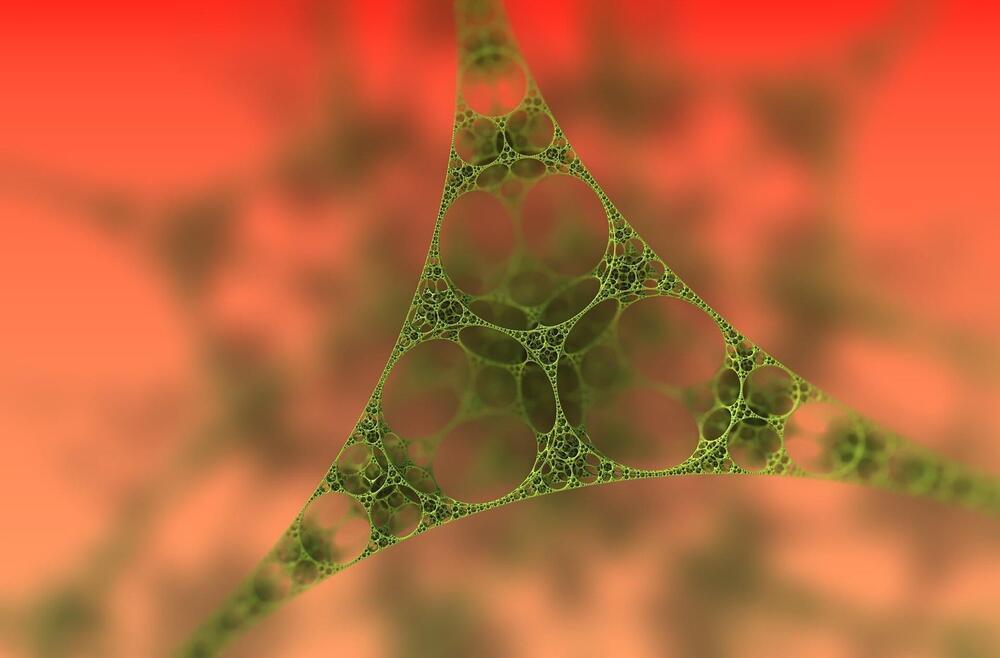
Nanoengineers at the University of California San Diego have developed COVID-19 vaccine candidates that can take the heat. Their key ingredients? Viruses from plants or bacteria.
The new fridge-free COVID-19 vaccines are still in the early stage of development. In mice, the vaccine candidates triggered high production of neutralizing antibodies against SARS-CoV-2, the virus that causes COVID-19. If they prove to be safe and effective in people, the vaccines could be a big game changer for global distribution efforts, including those in rural areas or resource-poor communities.
“What’s exciting about our vaccine technology is that is thermally stable, so it could easily reach places where setting up ultra-low temperature freezers, or having trucks drive around with these freezers, is not going to be possible,” said Nicole Steinmetz, a professor of nanoengineering and the director of the Center for Nano-ImmunoEngineering at the UC San Diego Jacobs School of Engineering.
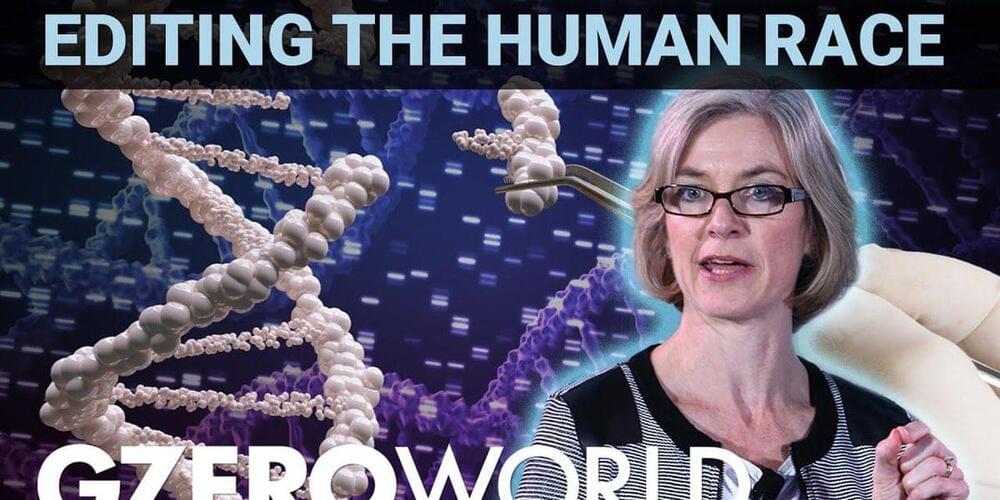
Learn More.
Ian Bremmer.
If you could cure genetic diseases by editing DNA sequences, would you?
GZERO Media #GZEROWorld
Berkeley scientist Jennifer Doudna won the 2020 Nobel Prize for her work on the revolutionary gene-editing technology known as CRISPR. It has the potential to cure genetic diseases like sickle cell anemia and hereditary blindness and may even be used to treat cancer and HIV. But when it comes to editing humanity, where do we draw the line?
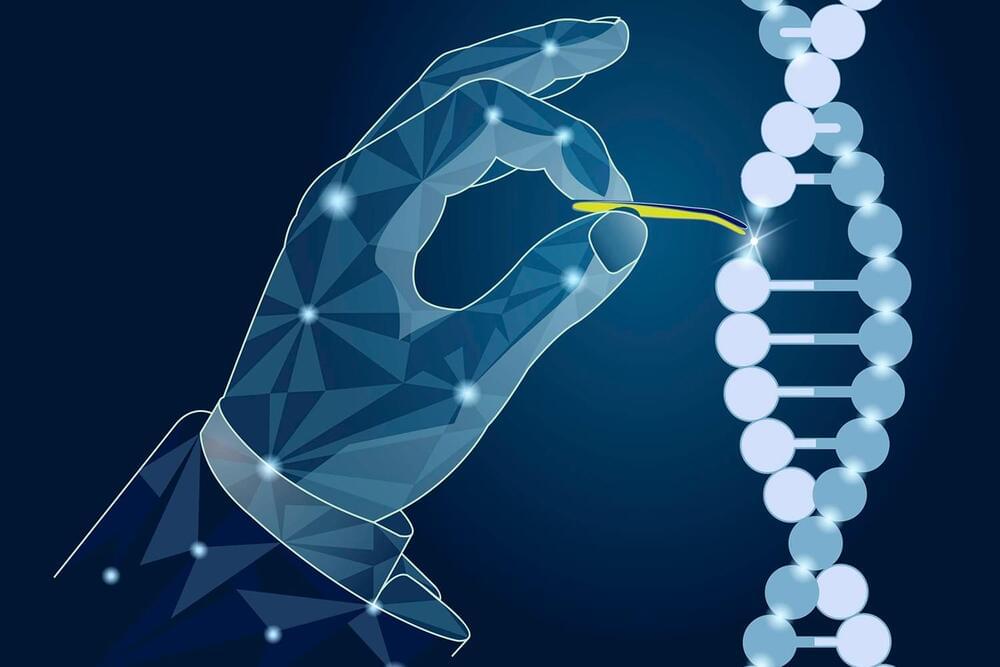
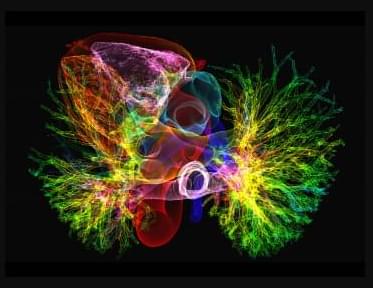
Researchers at Lund University have designed a new bioink which allows small human-sized airways to be 3D-bioprinted with the help of patient cells for the first time. The 3D-printed constructs are biocompatible and support new blood vessel growth into the transplanted material. This is an important first step towards 3D-printing organs.
Therefore, researchers are looking at ways to increase the amount of lungs available for transplantation. One approach is fabricating lungs in the lab by combining cells with a bioengineered scaffold.
Life is an integrated flow of quantum computational processes giving rise to our conscious experience. Based on the ontological model, the Cybernetic Theory of Mind by evolutionary cyberneticist Alex Vikoulov that he expands on in his magnum opus The Syntellect Hypothesis: Five Paradigms of the Mind’s Evolution, comes a new documentary ― Consciousness: Evolution of the Mind.
This film, hosted by the author of the book from which the narrative is derived, is now available for viewing on demand on Vimeo, Plex, Tubi, Social Club TV and other global networks with its worldwide premiere aired on June 8 2021. This is a futurist’s take on the nature of consciousness and reverse engineering of our thinking in order to implement it in cybernetics and AI systems.
Many definitions have been given to consciousness but we still don’t seem to have a widely accepted, uniform one. Part I, What is Consciousness? gives us the most comprehensive definition of consciousness, makes a clear distinction between ‘Mind’ and ‘Consciousness’, and sheds light on the fundamental physics of consciousness. Qualia, cognition and development of the human mind are addressed in this opening part of the documentary.
The late 21st century belongs to Superhumans. Technological progress in the field of medicine through gene editing tools like CRISPR is going to revolutionize what it means to be human. The age of Superhumans is portrayed in many science fiction movies, but for the first time in our species history, radically altering our genome is going to be possible through the methods and tools of science.
The gene-editing tool CRISPR, short for clustered regularly interspaced short palindromic repeats, could help us to reprogram life. It gives scientists more power and precision than they have ever had to alter human DNA.
Genetic engineering holds great promise for the future of humanity. A growing number of scientists including David Sinclair believe that we will soon be able to engineer and change our genes in a way that will help us live longer and healthier lives.
But how much should we really tinker with our own nature? What is the moral responsibility of scientists and humans towards future generations?
With technological advances in molecular biology like CRISPR that allow for specific gene editing approaches, many scientists argue that there are strong potential benefits as well as risks to human genetic engineering.
David Sinclair is a geneticist at Harvard Medical School. He believes it’s possible to unlock the fountain of youth.
The potential uses of such gene editing techniques could range from the treatment of disease to the enhancement of beauty and intelligence.
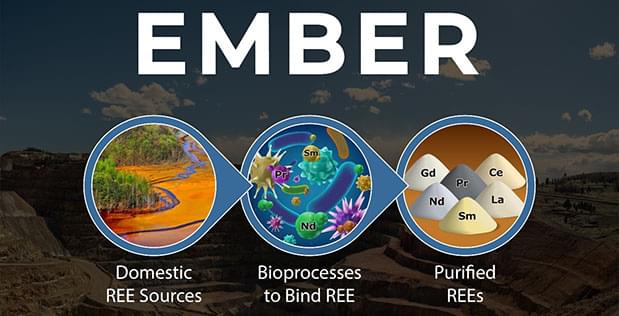
Program aims to fortify supply chain by utilizing bioengineering approaches to facilitate REE separation and purification.
Rare Earth Elements (REEs) are a group of 17 similar metals that are critical material components of many DoD systems, including lasers, precision-guided weapons, magnets for motors, and other devices.1 Although the U.S. has adequate domestic REE resources, its supply chain is vulnerable due to dependence on foreign entities for separation and purification of these elements. “Biomining,” an approach that uses microbes to extract or separate target metals like gold or copper from a variety of sources is not yet useful for REEs because of poor specificity and selectivity of the microbes for REEs. The Environmental Microbes as a BioEngineering Resource (EMBER) program aims to leverage advances in microbial and biomolecular engineering to develop a scalable bio-based separation and purification strategy for REEs using under-developed domestic sources.
“The EMBER program will aim to fill a critical DoD supply chain gap” stated Dr. Linda Chrisey, EMBER program manager. “The program will target the development of bioengineered organisms/biomolecular approaches for REE purification, then translate these to practical biomining modules (e.g., biosorbent, biofiltration) that can be integrated with domestic REE sources.”
The four-year program will address two Technical Areas (TAs) and be divided into three phases. The goal of TA1, “Bioengineering for REE Utilization,” is to establish a platform for engineering organisms and/or biomolecules to enable the binding of REEs under harsh conditions. TA2, “REE Biomining” will focus on developing and testing a biomining workflow to purify individual REEs from actual source materials. Teams must propose to both TAs to develop comprehensive, enduring solutions.